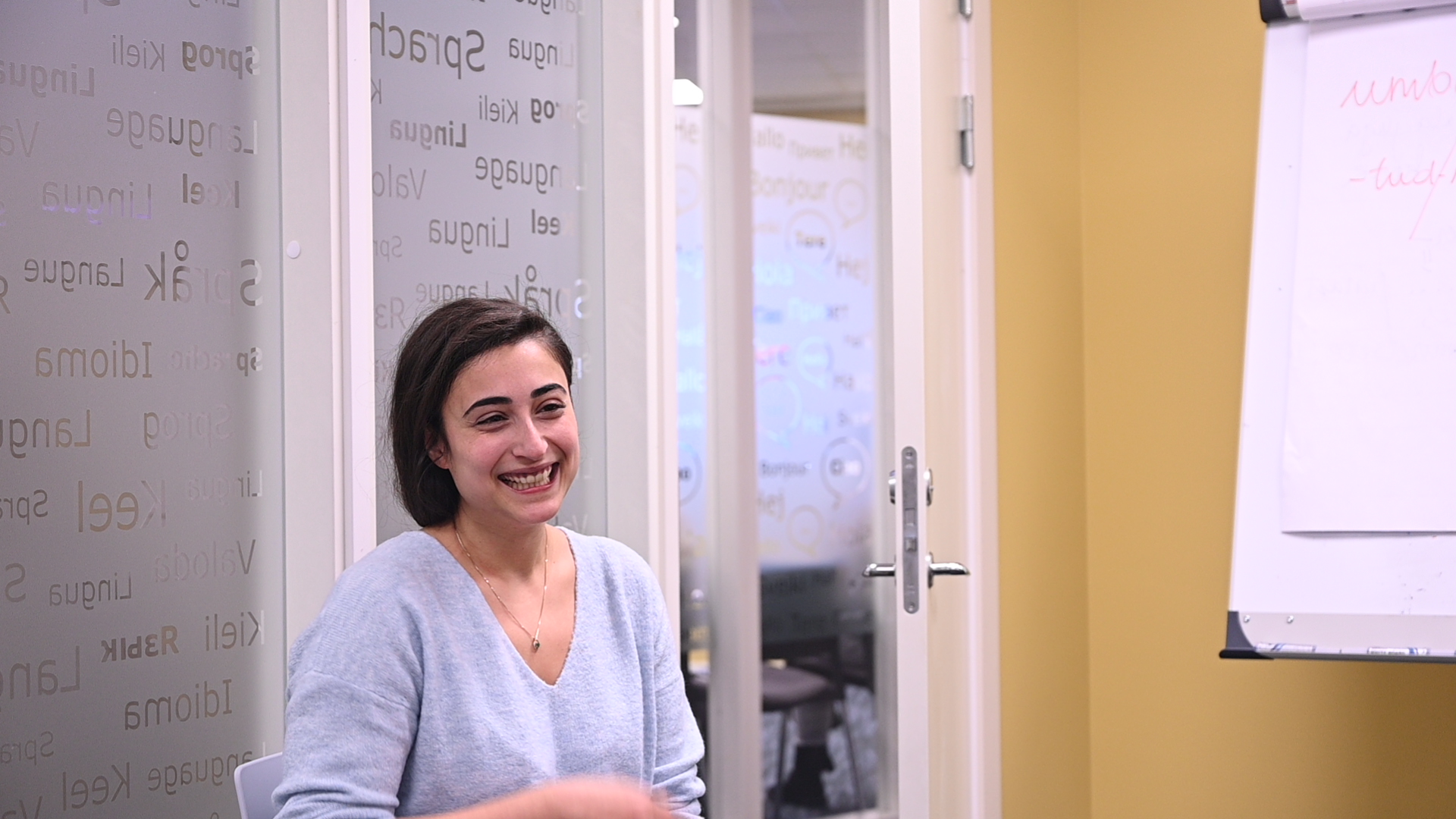Home Sweet e-Home
By Hunter Smith
For the first time this year, more people voted electronically than in person in Estonia’s most recent parliamentary elections. Just over half of the 615,009 total votes cast were submitted using the country’s blockchain-enabled online voting system.
It’s one example of how a tiny country of just 1.3 million people, situated along Russia’s eastern border, is making a name for itself as a leader in digital governance and e-business and technology.
“Because our country is so small, we can try things out. If we decide today that we want to test a new way of doing things, we can try it tomorrow,” said Liis Koser, manager of the HK Unicorn Squad, a non-profit organization founded to encourage young girls to cultivate an interest in STEM education.
According to e-Estonia, 99% of state services are online, placing the country in the number one spot in the UN’s e-Government Online Services Index. In Estonia, it takes only a few hours to start a company and mere minutes to file taxes.
One aspect of the country’s mission to develop an efficient, secure, and transparent digital society is being the first country to offer e-Residency. Through a simple process, akin to making a social media account, people from anywhere in the world can acquire a government-issued digital identity that grants them access to the nation’s business ecosystem.
This e-Residency program and the ease with which individuals can incorporate a company online has earned Estonia the ranking of most start-up-friendly country in Europe according to Index Venture in 2021. Estonia has one of the highest numbers of start-ups per capita in Europe.
“I believe the reason so many companies are started here in Estonia is because the tax system here makes it very easy for new businesses to be profitable,” said Ipek Tez, the Digital Marketing Manager for the start-up Qminder. Tez was referring to Estonia’s taxation policy which grants tax exempt status to businesses under a certain profit margin to help jumpstart them.
But for Tez, the ease of acquiring e-Residency is in contrast to gaining EU residency.

Tez, who is taking night classes to learn Estonian in hopes of gaining citizenship or permanent residency, moved from Turkey six years ago to pursue a master’s degree in intercultural communications.
“Living here without being fluent in the language has made it very hard for me,” she said.
After graduating in 2018, she worked for several start-ups in Tallinn before landing at Qminder, a tech company that aims to make queuing in line, digitally or otherwise, a more human-centric experience.
Successful Estonian start-ups like Bolt, the ride share company, and Skype the videoconferencing business, have highlighted the potential for wealth and job creation. However, most start-ups lack the job stability needed for immigrant workers like Tez because of the risky nature of starting a new business.
“A lot of these start-ups value making money over their employees,” Tez said.
That’s partly why Tez does not think Estonia is destined to be the next Silicon Valley despite its leading edge in digital technology.

“I don’t think Estonia, at least with the way workers’ rights and salaries are, can compete with similar start-up hubs in the Netherlands and Sweden,” she said.
Tez is living in Estonia on a work visa, which expires if she becomes unemployed for too long. So the threat of deportation shadows her. On at least two occasions Tez was laid off and at risk of being deported back to Turkey if she could not find work.
“I’m not sure if I went back that there would be anyone there for me,” Tez said.
So as Estonia gains status as a digital powerhouse, Tez studies diligently to acquire a permanent physical home.